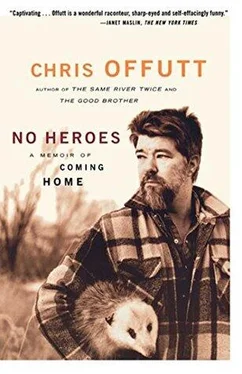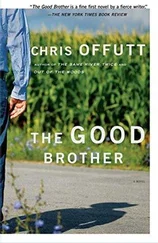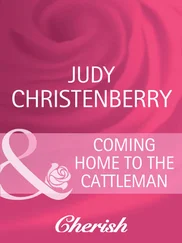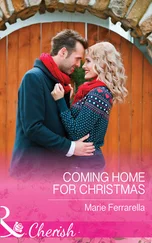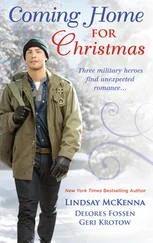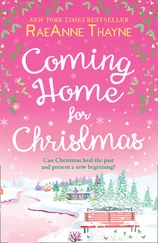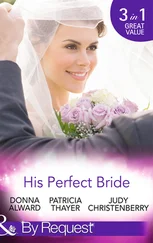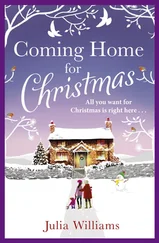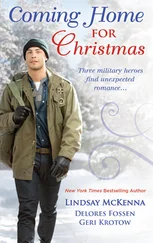My father stepped from the house and I got out of the car. He looked better than he had in years. His face held color and he’d lost weight.
“Barely late,” he said.
I nodded. He opened the car door and eased in.
“Seat’s too far forward,” he said. “Your mother always moves it back for me.”
My father adjusted the seat to his comfort, looked out the windshield, and waited. I drove off the hill, following the creek past the bootleggers old shack, into the foreign territory of Carter County. Charles Manson was from here, although no one will admit it. We passed a famous haunted house, site of poltergeist activity often mentioned in books. Houses jutted from the hillsides, the front porches resting on columns of stacked brick with cardboard pressed into the window frames. Trash filled a creek. Skinny dogs stared at the car.
My father was unusually silent, looking at the road ahead.
“Where’s the restaurant?” I said.
“Olive Hill,” he said. “A little further.”
“What’s their specialty?”
“Just lunch. It’s a lunch place.”
“You must like it a lot.”
“Not really. It’s almost as close as Morehead, but I don’t have to talk to every damn fool in town.”
“I thought you liked talking.”
“Not while I’m eating with you. We never had lunch together, did we.”
“No, this is a first.”
“I’m damn glad,” he said. He gestured to the car ahead of us. “You can pass this guy if you want to.”
“I guess I’ll just take it easy.”
“That’s the difference between you and me, Chris. You don’t take as many risks.”
I said nothing. We reached Olive Hill and made a few wrong turns and wound up on a dead-end street.
“They’ve changed the names of the streets,” he said.
“You think?”
“How else could I get lost?”
I found the restaurant and parked in the lot. He wanted a different parking space and I moved to it. He told me to lock the door. I said I left the keys in the ignition, and he told me it wasn’t a good idea. I said nothing.
We entered the small diner, which contained a Formica bar, a few tables, and a row of booths. I was relieved at the absence of women with babies. My father took a table and the waitress gave us menus,
“Can I help you all?”
“Yes,” my father said. “You can give me the name of the architect who designed this booth.”
The waitress was confused by this request. My father continued talking.
“He should hang by his thumbs for making this damn thing so uncomfortable.”
I chuckled to let the waitress know it was a joke. My father delivered his public laughter, loud enough to attract everyone’s attention. The cook poked his head around the corner from the kitchen. I examined the menu. Everything was deep-fried and I ordered an egg sandwich with cole slaw. My father asked for a chicken sandwich. We sipped our coffee, careful to avoid meeting each other’s eyes.
“I’m glad you suggested this,” I said.
“Yes, a man should eat lunch with his children.”
“That’s important.”
“I’ve been watching more baseball, too.”
“Lunch and TV.”
He lowered his voice to a dramatic tone and leaned forward. I listened carefully.
“I want you to know,” he said, “that you’re the first.”
“Okay.”
“I haven’t eaten with the others yet.”
“Well,” I said, “thank you.”
He leaned back and began to study the decor, which met with his approval. Everything on the wall was devoted to the documentation of a local musicians career. We were seated in the front window and he peered at the lot.
“Your car’s still there,” he said. “Good thing I picked this booth.”
“You bet.”
The waitress brought our meal. My father followed her with his eyes as she walked away, then turned to me.
“Your mother and I were virgins when we got married.”
The egg was greasy, the toast cold. I took a few bites, then excused myself to the bathroom. I splashed cold water on my face. I lingered long enough for my father to finish his meal. When I was a kid, I would have given anything for this time together. Now, I just wanted to get it over with.
I left the rest room and watched my father from a distance. I had rarely seen him out of the house. It occurred to me that his discomfort in the restaurant was not because of the booth, nor was it due to being with me. He was uneasy at being exposed in the world.
I returned to the table. The waitress brought the check and my father complimented her hair. I paid the bill. We began walking to the door. A man sat by himself in the corner wearing a beat-up hat, dirt on the crown and brim, sweat stains along the band. It was clear that he was simple. My father stopped and spoke.
“That hat is a good-looking hat.”
He smiled at the man, whose grin broke light across his face. I opened the door and held it for my father. In the lot, he said, “It’s easy to make someone feel good, Chris. I made his day.”
We drove home without talking. The meal seemed to satisfy my father. I parked at his house and we left the car. I played football here, raked the leaves, wrestled my brother, mowed the grass. I knew where the jack-in-the-pulpit grew, when lady’s slipper bloomed low to the ground.
“Thanks for the invite to lunch,” I said.
“You paid.”
“I love you.”
He nodded. Behind him stood the house I grew up in. I remembered Rita’s advice.
“My biggest source of pain,” I said, “is the tension between us. I hoped that coming home would help fix it.”
“You are quicker to take offense at me than anyone on the planet.”
I said nothing. To protest was to prove him right. I hugged him but it was like touching a board. I got in the car. He turned his back. When I honked the horn he did not look toward the sound. His back faded in my rearview mirror — a white-haired man getting smaller and smaller.
While driving home, I thought of a dozen answers to his final comment. Ultimately, though, I was proud of my response — none. I remembered being a teenager in the kitchen and my father handing me a note after an argument. On the paper, he’d written: “Your need to have the last word makes it impossible to talk with you.” That sentence is branded forever in my consciousness. To speak was to confirm his point. He had silenced me as surely as cutting out my tongue.
I have stories by the hundreds. What cruel story you want to hear? I was just thinking that the worst of the whole thing is those people are real people. I survived because someone always fell before me. Very simple. They killed a couple other guys instead of killing me. I owe them and I don’t do them justice. I’m telling this story to distill their blood.
I have a tremendous disappointment with my inability to react. Why did I passively endure? There is so much a man can take and then he has to react in order to be called a man. And many times I did not react and I cannot forgive myself for that.
I thought I was divorced from emotionality about it but then I had to relive this thing in order to get my memory going. It’s not what they did to me that hurts. It’s painful the way I see myself and my weaknesses. I see my mistakes. I should not have done that, I should have done something different. I have to provide myself with excuses. Apparently I wanted life more than anything else. I have two daughters and three grandsons. But in my opinion, they are only excuses. The will to live may be good for the species, but I always thought about myself as a unique individual. I think that’s the point, that I am just a number in this. I’m a statistical number. One of the millions of sufferers in this. Every night in camp I prayed to God to let me die in my sleep and every morning I was disappointed when I woke up. That was the most honest prayer I had in my life.
Читать дальше
